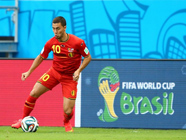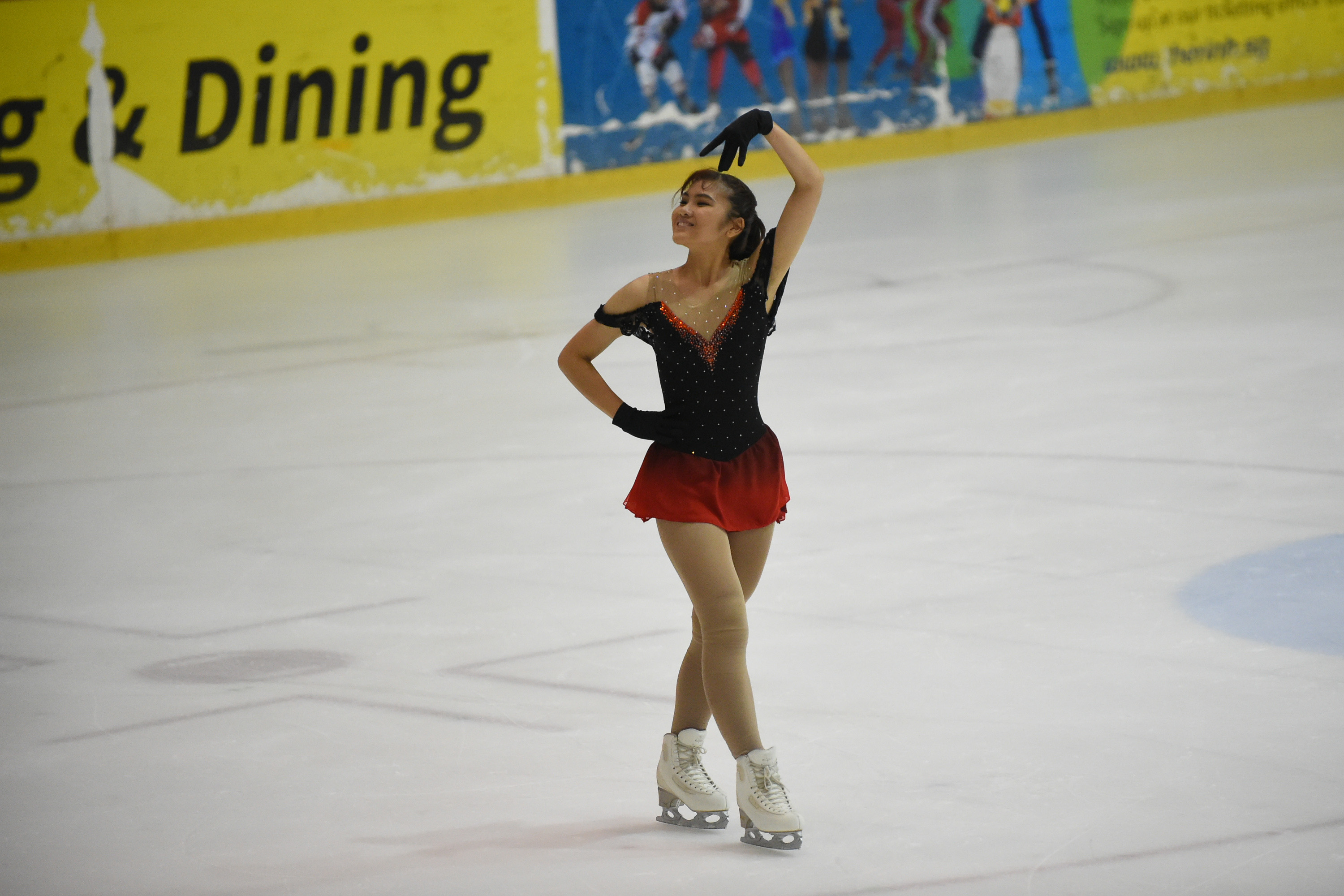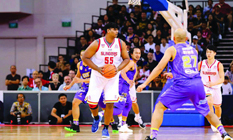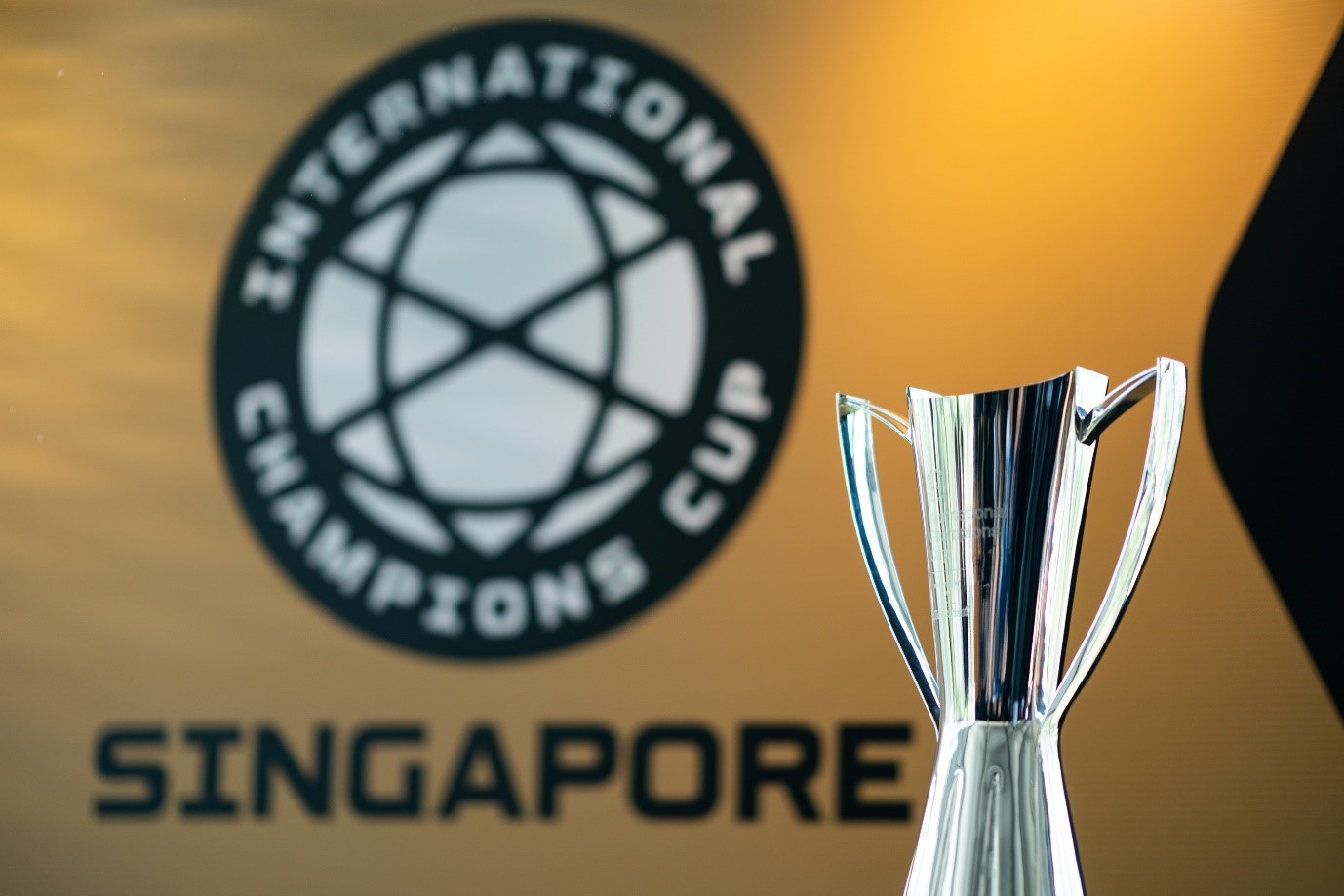HAIQAL SARI creates an alternate Team of the Tournament – the Flop XI – for the players who promised much, but delivered absolutely nothing.
GK: Iker Casillas (Spain)
We start off this list of mediocrity with perhaps the most obvious inclusion of all. Saint Iker captained La Roja to three consecutive international titles, saving his country countless times throughout their golden period. But none of that can save him from the horror shows he had in goal against the Netherlands and Chile, where he made error after error in what many see as a sign of his waning powers. Thirty-three years old is usually a goalkeeper’s peak, but not for Casillas. With a fresh Champions League medal in the bag, maybe he was just hung-over from his own success.
RB: Dani Alves (Brazil)
It takes a lot for a player to have a road named after him. But for Brazil’s full-back Dani Alves, it didn’t take that much. In the group stages, the Barcelona defender was more often seen bombing up the flanks than committing himself to his defensive duties. His forays into hostile territory left so much space down his right flank that it was dubbed “Dani Alves Avenue” by the local media. That didn’t come as a surprise, as the two goals that Brazil conceded in the group stage both came down Alves’ flank. Luiz Felipe Scolari eventually got fed up and replaced the 31-year-old with Maicon after the last-16 clash with Chile to plug the gaping hole during the quarters and semis which, admittedly, didn’t amount to much success either.
CB: Gerard Pique (Spain)
Premier League, La Liga, Champions League, Euro Championship, World Cup – the list of honours that Gerard Pique has to his name simply rolls off the tongue. Unfortunately for the Barcelona man, his fall from grace was as sudden as that of his own country. Although he was never renowned for his speed in the first place, the 27-year-old seems to have lost at least a yard of pace. In the 5-1 destruction at the hands of the Netherlands, Arjen Robben and Robin van Persie made it look like a drag race between an 18-wheeler and a Lamborghini. To compound his misery, it turned out to be the only game he played in Brazil, as Javi Martinez and Raul Albiol replaced him against Chile and Australia respectively.
CB: Gary Cahill (England)
At Chelsea, he was the model of consistency. In Brazil, he was the direct opposite. Expected to make up part of a solid defensive partnership with Phil Jagielka, he simply disappointed. Like many of his other contemporaries, Cahill struggled to convert his outstanding club form onto the international stage. Against Italy, he allowed Claudio Marchisio’s shot to slip through his legs. Later in the game, he failed to concentrate on Mario Balotelli, letting the forward pull away from him to head home Italy’s winner. His nightmare continued against Uruguay, where he looked uncomfortable trying to cope with Luis Suarez. His lack of experience in international tournaments was painfully obvious.
LB: Benoit Assou-Ekotto (Cameroon)
In what was a humiliating World Cup for Cameroon (three games played, three defeats, nine goals conceded and only a solitary goal scored), and following in the African tradition of either demanding a higher bonus or lobbying for said bonuses to be paid mid-tournament (i.e. Ghana), none of the Cameroonians escaped with their dignity intact. Absolutely none. The national team’s nickname of Indomitable Lions counted for nothing. They defeated themselves as much as their opponents did. At the bottom of the pile is Tottenham Hotspur defender Assou-Ekotto. In the group match against Croatia, the left-back inexplicably head-butted his teammate Benjamin Moukandjo after an exchange of words. He might have clarified his actions, but for a footballer who has played at the highest level for the past decade, such behaviour, adding on to his insipid displays, makes him a shoo-in for our Flop XI.
RM: Shinji Kagawa (Japan)
He’s a two-time Bundesliga Team of the Year inductee, Manchester United star and arguably the biggest football superstar in Asia. In a technically-gifted Japan side, Shinji Kagawa was expected to carry the torch for his country. Instead, the silky playmaker displayed the kind of frustrating inconsistency he has been known for since his move to United. The playmaker said: “I just wasn’t good enough to achieve anything and I feel sorry for letting them (the fans) down. It is frustrating that the World Cup is now over.” As much as it was a bad World Cup for him, it was exactly the case for all of the Asian participants. South Korea, Iran and Australia all finished at the bottom of their respective groups.
CM: Yaya Toure (Ivory Coast)
“If he was white, 100 per cent he would have won one of those top awards.” Remember that line? It was uttered by Dmitri Seluk, the agent of Manchester City powerhouse Yaya Toure. Now let’s look at Toure’s record in Brazil: 270 minutes played, 0 goals, 0 assists. In many ways, it’s a pathetic return for a player who was directly involved in over 28% of the goals his club scored in the league last season. After rampaging through England and Europe, Toure couldn’t get going in the World Cup. Perhaps it was the absence of Fernandinho, with whom he worked so perfectly in tandem with at club level. I mean, Cheick Tiote and Serey Die aren’t exactly the kind of sidekicks the big man could compare to his Brazilian club-mate. Also, there’s also the matter of his brother’s death, but ultimately, one either uses it as strength, or a burden. Toure seemed to fall under the latter category. Looking at how he underperformed, Seluk probably won’t get to see his client win “one of those top awards” anytime soon.
CM: Steven Gerrard (England)
Much was made about Stevie G embracing his new anchorman role. In what some call the “Pirlo role”, Gerrard sits in front of the back four, launching attacks and dictating play while a more energetic midfield partner does the running. With his passing range, Gerrard seems made for the role. The past season at Liverpool had also improved his tackling, and he would often be seen dropping back to provide an extra body in defence. Unfortunately, none of that was seen at the World Cup. While his midfield partner Jordan Henderson ran himself to the ground, Gerrard just couldn’t keep up. The climax was during the loss to Uruguay, where Gerrard was at fault for both of Luis Suarez’s goals. After stating his desire to retire after the World Cup, this surely must not have been the send-off he’d have expected.
LM: Eden Hazard (Belgium)
I’d dissed Eden Hazard numerous times on my Twitter for being the most underwhelming player at the World Cup. Two assists alone doesn’t justify his reputation at all. Critics have pointed to a poor work ethic for his miserable showing, and it’s not hard to believe that. Time and again we saw the 23-year-old dallying in enemy territory, waiting for a pass, while his teammates were stuck in the 18-yard box, doing the kind of thing Hazard doesn’t want to do – defend. His reluctance to track back frequently put his team in trouble, while his ineptitude going forward didn’t make things any better. An absolute no-show in the quarter-final against Argentina ended his and Belgium’s World Cup, and he definitely had it coming. Was Jose Mourinho serious when he compared the Belgian to Lionel Messi and Cristiano Ronaldo?
CF: Diego Costa (Spain)
Oh Diego, what were you thinking? The epitome of the powerful striker, he mirrored Didier Drogba at Atletico Madrid, but had all the grace of Andy Carroll in his native homeland. In a Spanish squad filled with seasoned tiki-taka practitioners and silky playmakers, Costa’s hard-running game made him stick out like a sore thumb. It was an unpleasant sight watching him either mistime his runs or fail to meet the passes that Andres Iniesta and David Silva served up to him. This, plus being relentlessly booed by the home fans, is surely not what Costa must’ve imagined when he chose the red of Spain over the yellow of Brazil.
CF: Romelu Lukaku (Belgium)
Okay, hold on. Yes, he did score a goal. Yes, it was the winner against a defiant USA and a dominant Tim Howard. Yes, he did it coming off the bench, indicating his impact on the team. But wait, here’s the damning statistic: In the group stage, the Belgian started two out of three games but only managed a grand total of two touches in the opposing box. Yes, TWO. That just isn’t good enough, is it? Add that to his petulant attitude at being subbed off against Russia and you get a player who blew his chance to impress and flopped spectacularly.
Coach: Luiz Felipe Scolari (Brazil)
A football team, much like a play, needs an antagonist, and it was a tight battle between the Brazilian and his Spanish counterpart Vicente Del Bosque for the coveted role of “worst manager”. However, Big Phil eventually won. Puzzling team selections, tactics bordering on the amateurish and controversial squad decisions prior to the World Cup were all part of the act.
Omitting Atletico Madrid’s João Miranda was laughable. Choosing Bernard, who had had a bad season at Shakhtar Donetsk, over the impressive Philippe Coutinho was baffling. Ignoring Filipe Luis and giving a spot to a virtual unknown like Henrique – who turned out to be totally irrelevant – was unforgiveable. Like a nervous stage actor, Big Phil fluffed his lines even before the show had started.
But ultimately, it was leaving out Valencia’s magnificent shot-stopper Diego Alves that was the most damning indictment of Scolari’s incompetence. Keeping faith with a goalkeeper who can’t even get a game in England’s second division and relying on two local-based keepers for back-up never made sense. It was downright ridiculous.
One of the reasons why Brazil played so badly was down to Scolari’s tactics. In last year’s Confederations Cup, Brazil’s front four were deadly. Neymar and Hulk on the wings, Oscar in the hole and Fred up front was a system that worked. It brought out the best in each of them. It helped Fred, of all people, to score five goals. Unfortunately, Scolari thought it was wise to shift Oscar out wide, and give Neymar a central role. It ruined the team’s style, and Fred ended up being made a scapegoat due to Scolari’s comical and unnecessary tinkering.
Other than the 2002 World Cup, Scolari’s track record as a manager has always been average. Before 2002, he coached extensively in Brazil, the Middle East and Asia. A good spell in charge of Portugal followed his World Cup win, before it went downhill soon after. He was fired after only seven months at Chelsea, before packing his bags and going through a major downgrade for the sake of the riches that awaited him in Uzbekistan. A return to Brazil saw him shepherd Palmeiras to relegation. And Brazil seriously thought he’d be the man to lead them all the way?






